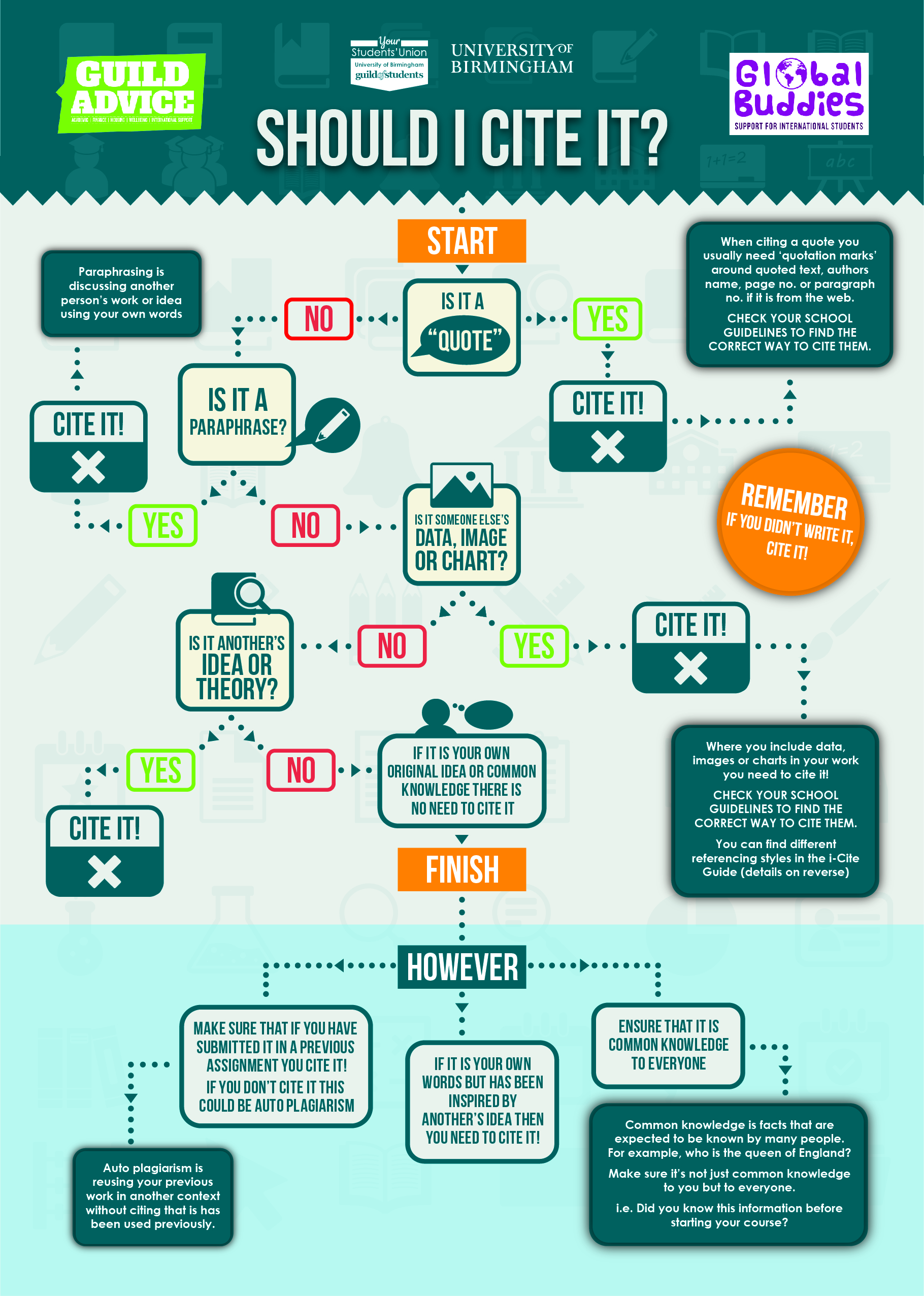Academic Integrity and Plagiarism
Plagiarism
Plagiarism is a serious academic integrity breach and is strictly prohibited at Sullivan University. It includes:
- Taking and passing off the ideas of another as one's own.
- Failing to cite an author whose ideas have been incorporated in a paper.
- Cutting and pasting text from different web sites or databases directly into in paper without giving proper credit.
- Presenting an idea from an existing source as a new and original idea. This can consist of:
- using a friend's paper from another class.
- using an original paper of your own that you have used for another class (without explicit permission from your current instructor).
- using papers bought or retrieved from the web.
- Academic Resource Center (Tutoring)Contact the ARC for more information about how to avoid plagiarism and the Sullivan University tutoring schedule.
Resources
Academic Integrity
The Center for Academic Integrity "defines academic integrity as a commitment, even in the face of adversity, to five fundamental values: honesty, trust, fairness, respect, and responsibility."
Academic integrity breaches include: cheating, plagiarism, improper computer usage, and harassment. The following information is taken directly from the 2020 Sullivan University Catalog:
- "Cheating and plagiarism are serious offenses against the University’s Academic Integrity Policy and are consequently strictly prohibited. All students must familiarize themselves with the University policy on academic integrity. Regardless of the medium in which they are submitted, the University expects that all assignments, research projects, lab reports, papers, theses, dissertations, examinations and any other work submitted for academic credit will be the result of the student’s own intellectual efforts. Similarly, work submitted for a course or for any other academic purpose is expected to have been generated specifically for that course and that course only."
FAQs
Can you self-plagiarize?
Yes. Reusing one of your old papers or essays from another class for an assignment in your current class without first asking your instructor for permission is known as "self-plagiarism." Before using an old paper for a current class assignment, always ask your instructor for permission.
Can you accidentally plagiarize?
Yes. To plagiarize intentionally means to deliberately use and take credit for someone else's work. To plagiarize unintentionally means that you did not mean to plagiarize but did not give credit to the proper person or source. However, there is never a good excuse for plagiarizing. Disciplinary measures may take place regardless of the type of plagiarism. So be careful and always site your sources!
How can I avoid plagiarizing?
To avoid plagiarism issues:
- Always give proper credit to all sources that you quote or use in your paper (or other type of presentation).
- The only exceptions are:
- Your own original thoughts and your original opinions.
- Dates in history or other facts that are "common knowledge.
- The only exceptions are:
- If you are not certain whether to credit a source, it is usually best to credit the source.
- Always check with your instructor for clarification.
- Always give credit if you are using the ideas of a source for your paper, even if you are paraphrasing and not directly quoting a source.
Citation Style Guides
- APA Library Guide Examples and resources to help with citing sources using APA 7 format.
Citation Management Systems
Citation management systems are software programs that can help you to collect, organize, and format citations. As you find resources, you can add them to a list and automatically create Works Cited pages.
- Citation Management Systems (CMS): Zotero and MendeleyProvides information and tips for using the Mendeley and Zotero citation systems.

Source: Guild of Students
- Should I Cite it?Infographic explaining how to avoid plagiarism. Created by guildofstudents.com
